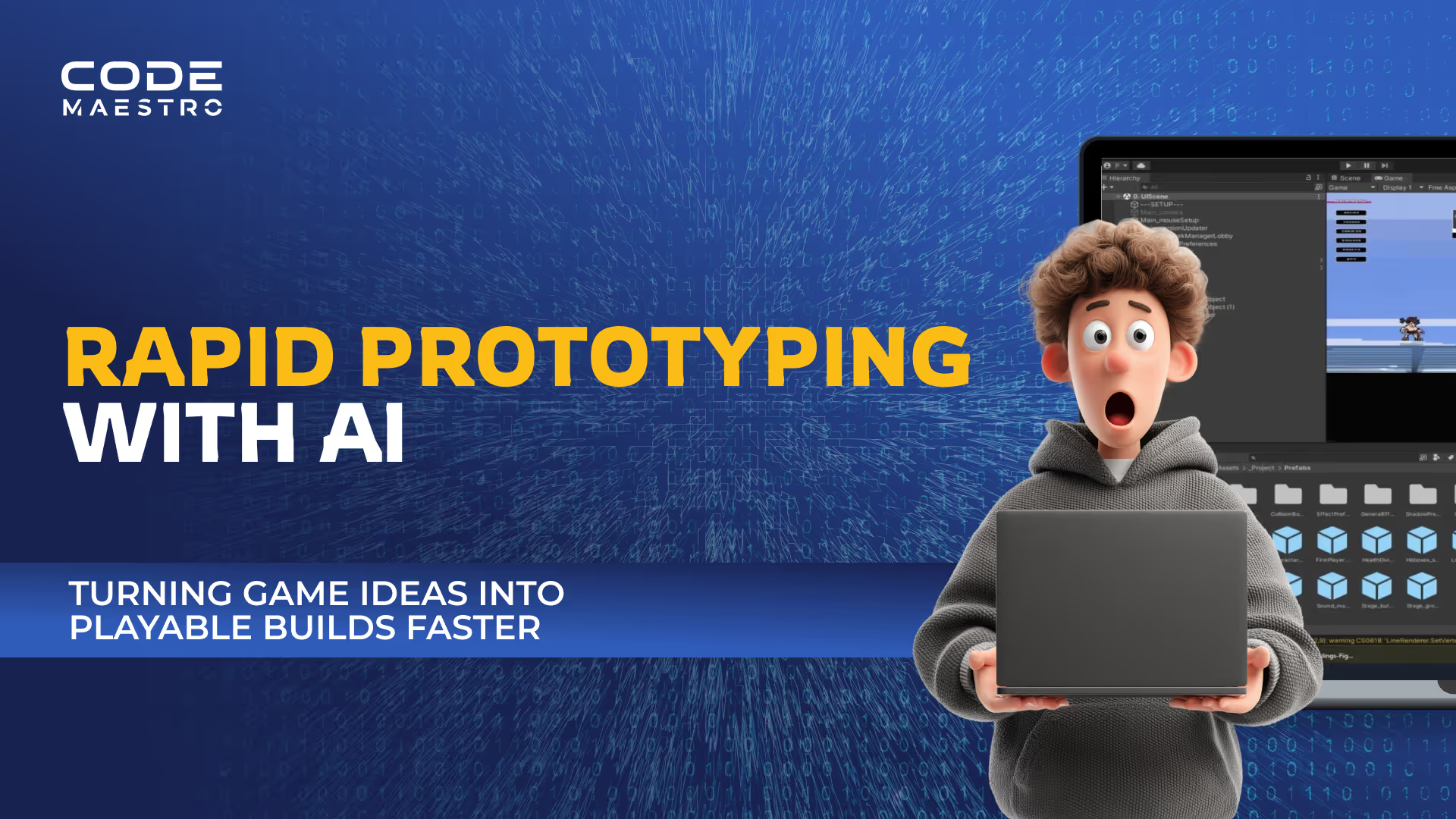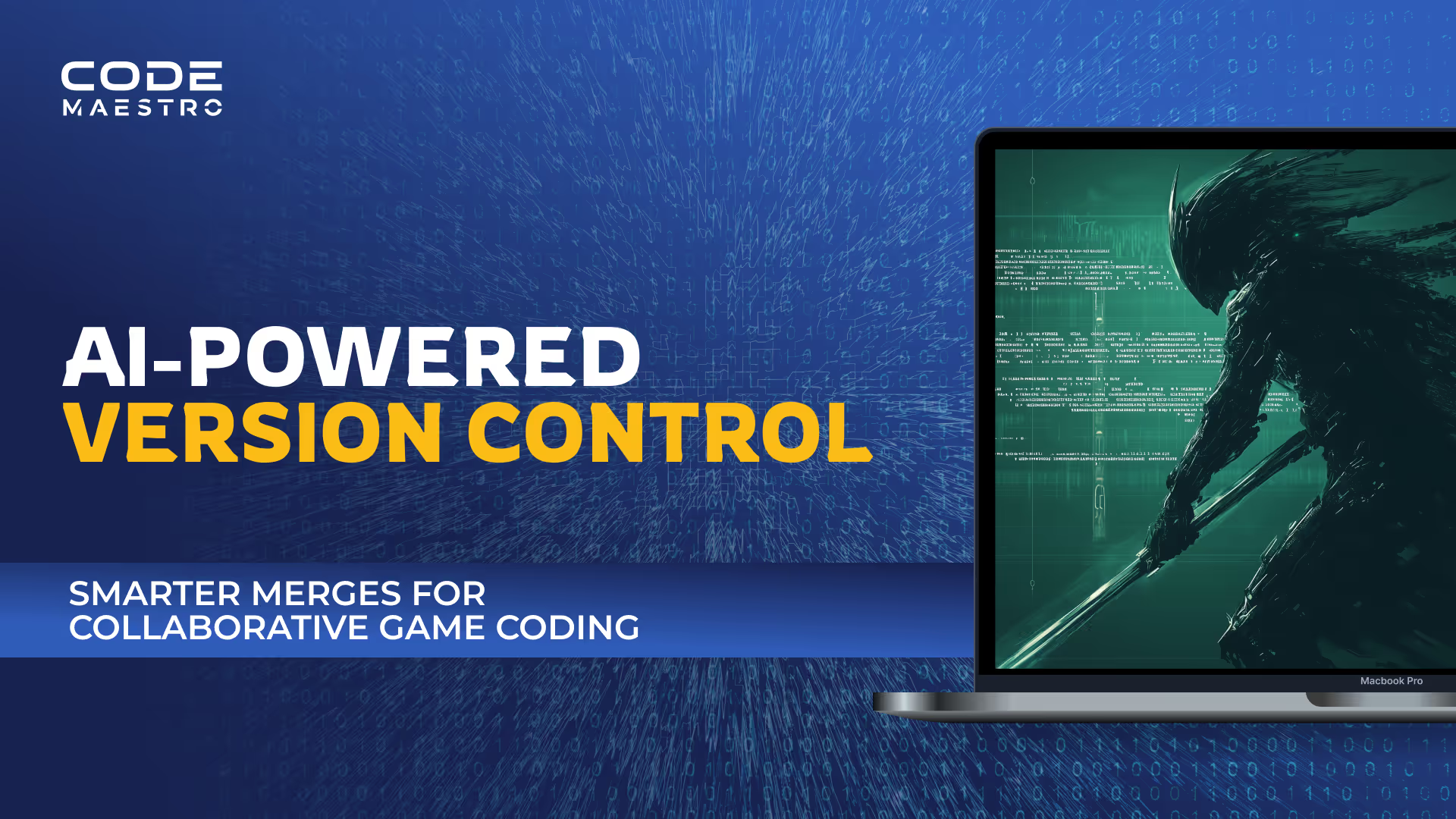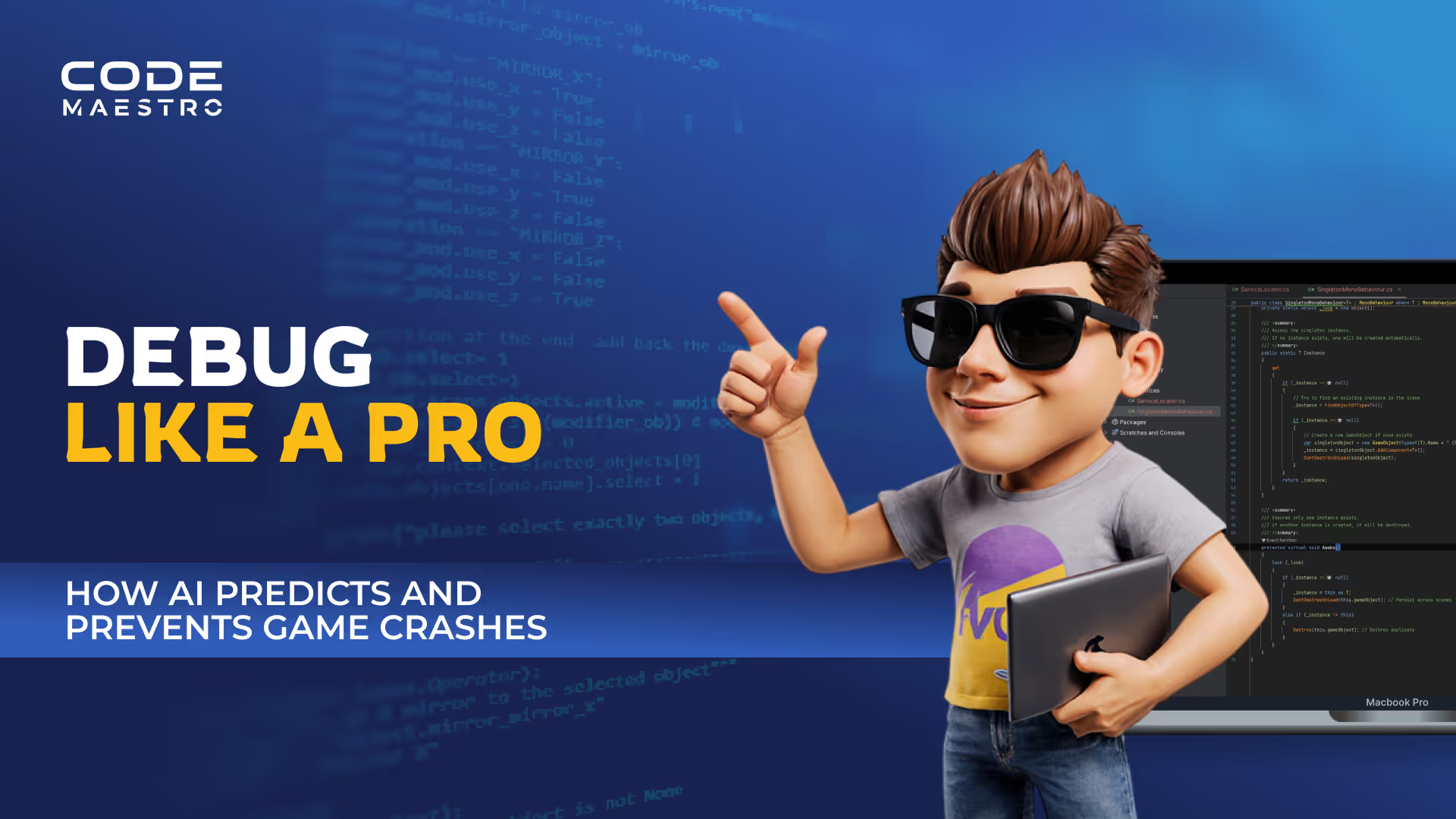Dynamic AI Helpers in IDEs: The New Dev Experience for Game Coders
Table of Contents
Evolution of IDEs: from syntax highlighting to full AI assistants
The role of integrated development environments has expanded dramatically. What once felt revolutionary — simple syntax highlighting — now seems primitive compared to today’s AI-driven assistants embedded directly into editors. These built-in helpers can write scripts, optimize performance, and refine code without leaving the workspace. For game developers, they work almost like on-demand teammates: responsive, adaptable, and dedicated to clearing away repetitive tasks so the focus stays on gameplay design and creative mechanics.
Capabilities
AI-enhanced IDEs no longer limit themselves to pointing out typos or syntax issues. They can interpret context, draft entire sections of code, and tailor suggestions to match each developer’s style. Need an example or documentation? It appears instantly. Functions autocomplete with the right parameters, while background analysis quietly scans for bugs or inefficiencies before a single build runs. This constant stream of relevant, in-context guidance transforms coding into a more fluid and collaborative effort.
Specific use in game dev: physics engines, shaders, animation scripting
In game development, AI support can accelerate some of the most technically demanding work. Physics coding benefits from assistants that fine-tune collision detection, balance rigidbody properties, and adjust forces for realism without performance hits. For shaders, they can produce starter code, recommend lighting models, and detect rendering errors early. In animation scripting, AI helps structure state machines, correct timing mismatches, and suggest blending strategies, keeping every movement smooth and convincing.
Tools: GitHub Copilot, Cursor, Tabnine, Code Maestro
Today’s development toolkits increasingly include AI assistants such as:
- GitHub Copilot – Delivers context-aware completions, natural-language-to-code translation, and inline snippet generation directly in the IDE.
- Cursor – Offers intelligent autocompletion, guided debugging, and rapid refactoring for iterative work.
- Tabnine – Adapts to a developer’s personal coding style, streamlining repetitive patterns across languages and frameworks.
- Code Maestro – Focuses on live reviews, performance optimization, and enforcing clean, maintainable code structures.
With these tools at hand, developers can keep their attention on shaping worlds, gameplay systems, and visual polish, while the AI quietly handles routine checks and fixes.
Benefits
For everyday game development, AI assistance reduces friction, limits the need to swap between tools, and supports a steady creative flow. Issues are caught and resolved quickly, code stays organized, and potential blockers are identified before they slow progress. This efficiency leaves more room for imaginative problem-solving and less time lost to repetitive corrections.
Developer feedback and adoption trends
Many game developers now see these assistants not as optional add-ons but as core components of their workflow. Reports highlight time savings, faster debugging, and more mental bandwidth for experimentation. While there’s an adjustment period, adoption rates — particularly among indie and mid-sized teams — continue to climb as the benefits to productivity and quality become undeniable.
Future outlook: AI agents as true collaborators inside editors
The next evolution will push AI from reactive problem-solver to proactive co-creator. Future agents could suggest new gameplay mechanics, run instant simulations to test design ideas, and integrate directly with asset pipelines, version control, and task management. Rather than simply smoothing the process, they’ll help define it — becoming partners that adapt, strategize, and contribute creatively alongside human developers.
Conclusion
AI-powered assistants are reshaping coding from a purely technical task into a more seamless and creative process. With the right integration, they make workflows faster, cleaner, and more intuitive. For game coders, this means less time tied up in boilerplate and more time crafting interactive worlds that resonate with players long after the credits roll.



